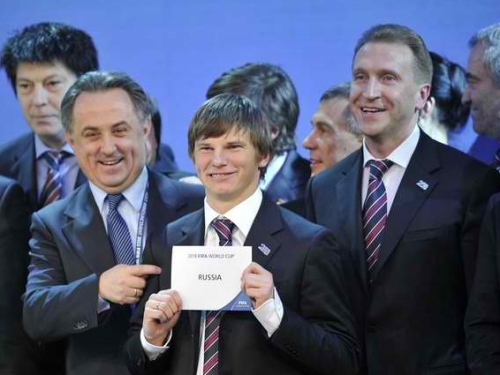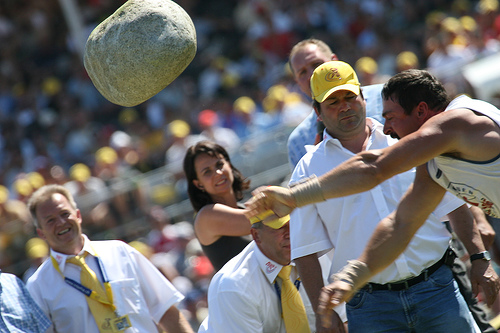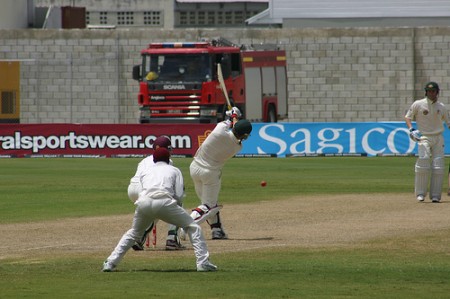
Over the last year, a number of top government officials in the United States and Europe have called upon FIFA to punish Russia by moving the 2018 World Cup to another country. FIFA has refused to do so, claiming that the tournament can be “a powerful catalyst for constructive dialogue between people and governments.” This idea is based on the theory that international sports encourage peace and cooperation between countries. FIFA frequently champions this theory as if it is a proven fact, but without providing much evidence to support it.
The World Cup may influence society in many positive ways, such as by encouraging exercise, entertaining the masses, and giving fellow citizens something to bond over. If it also promoted international peace, we would have yet another reason to feel good about investing so much of our time and energy in it. However, there is more evidence that the opposite is true – that international sporting events like the World Cup actually increase the likelihood of conflict.




